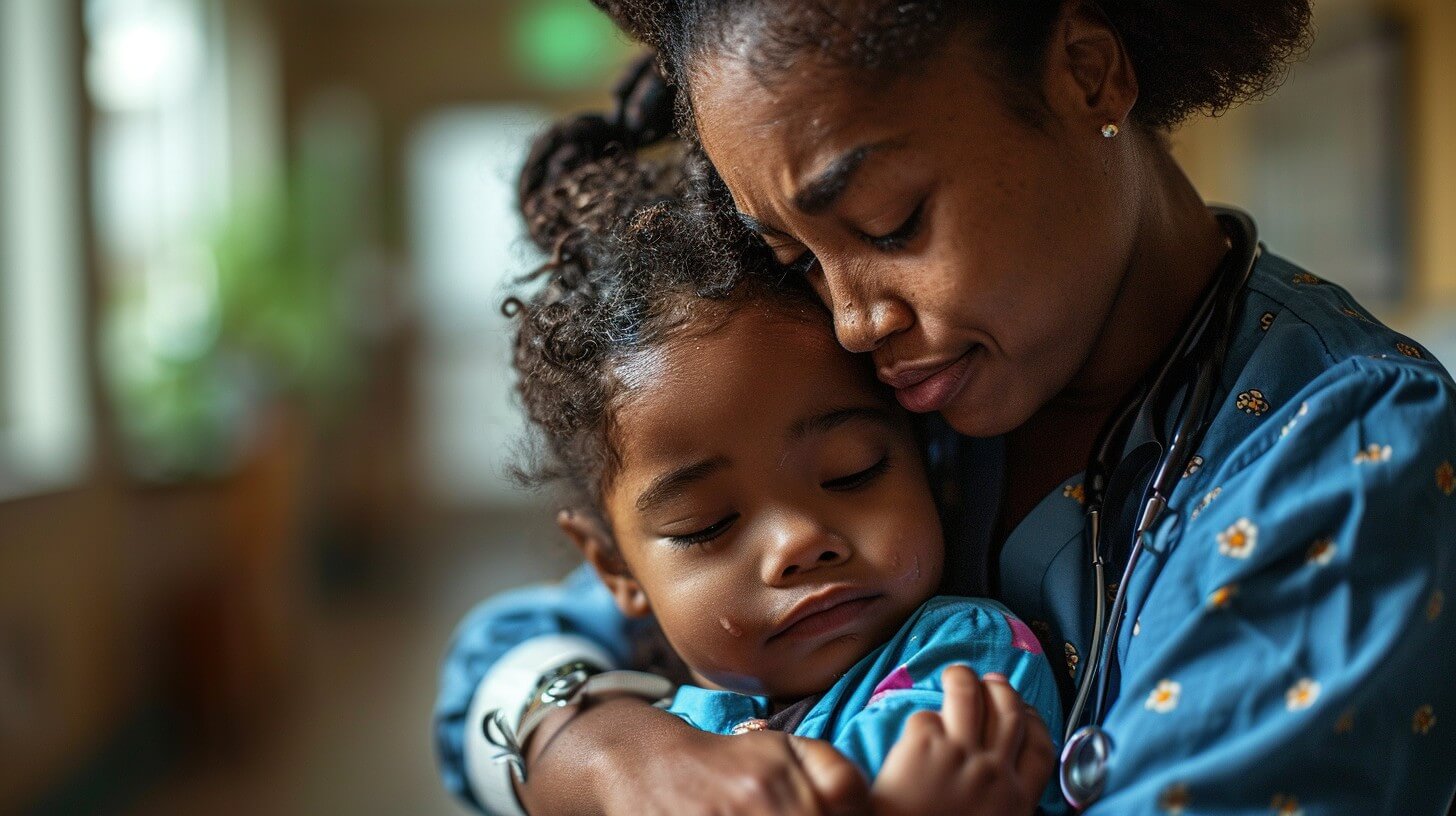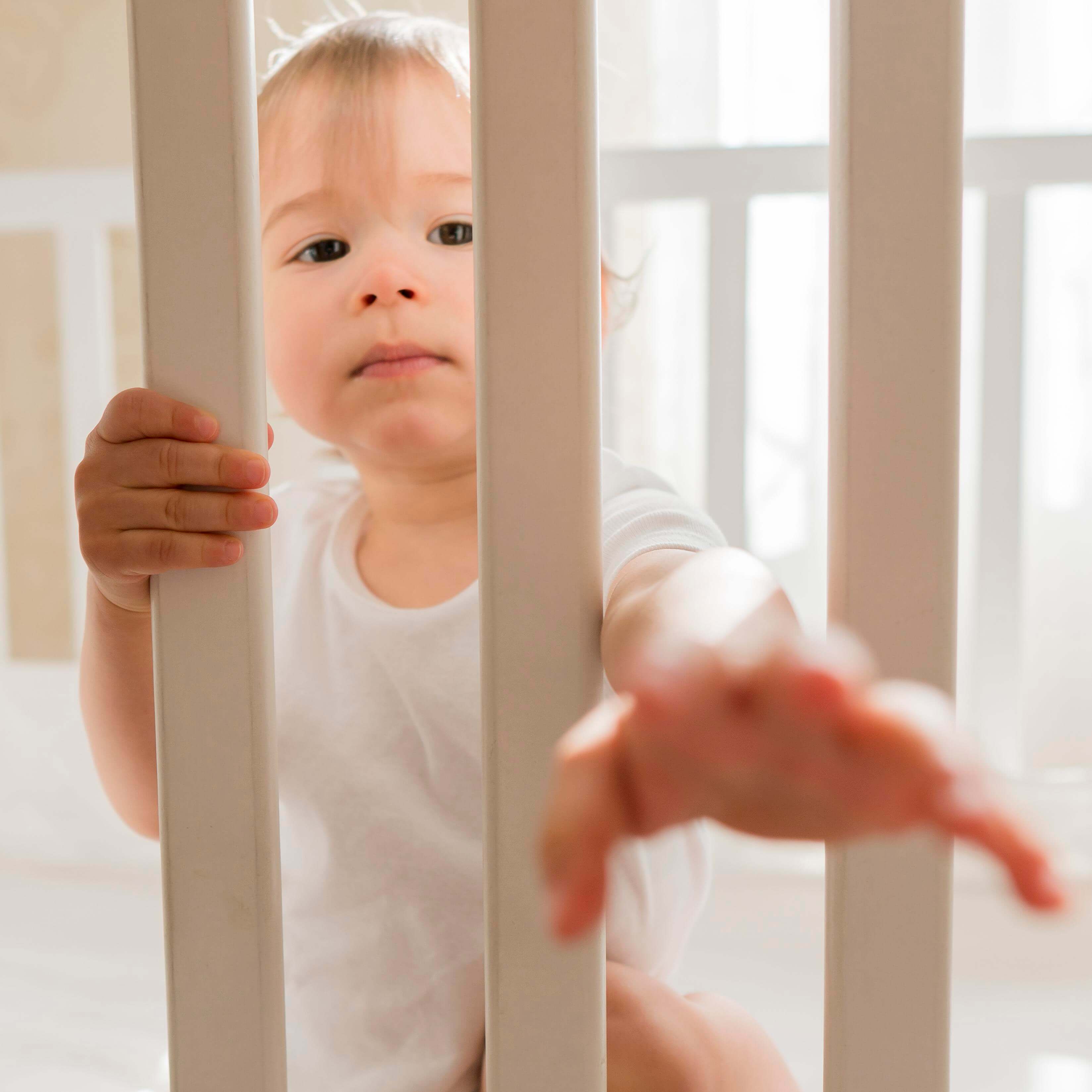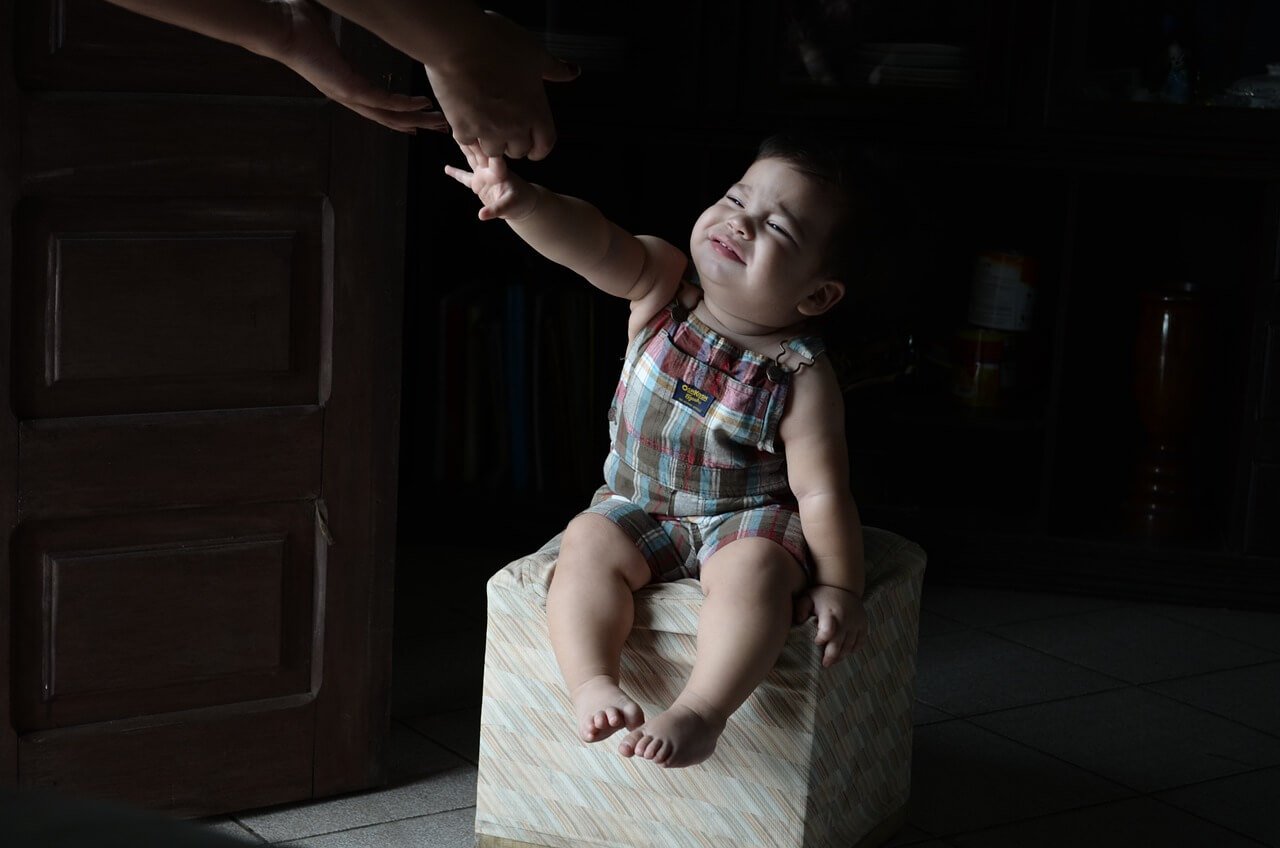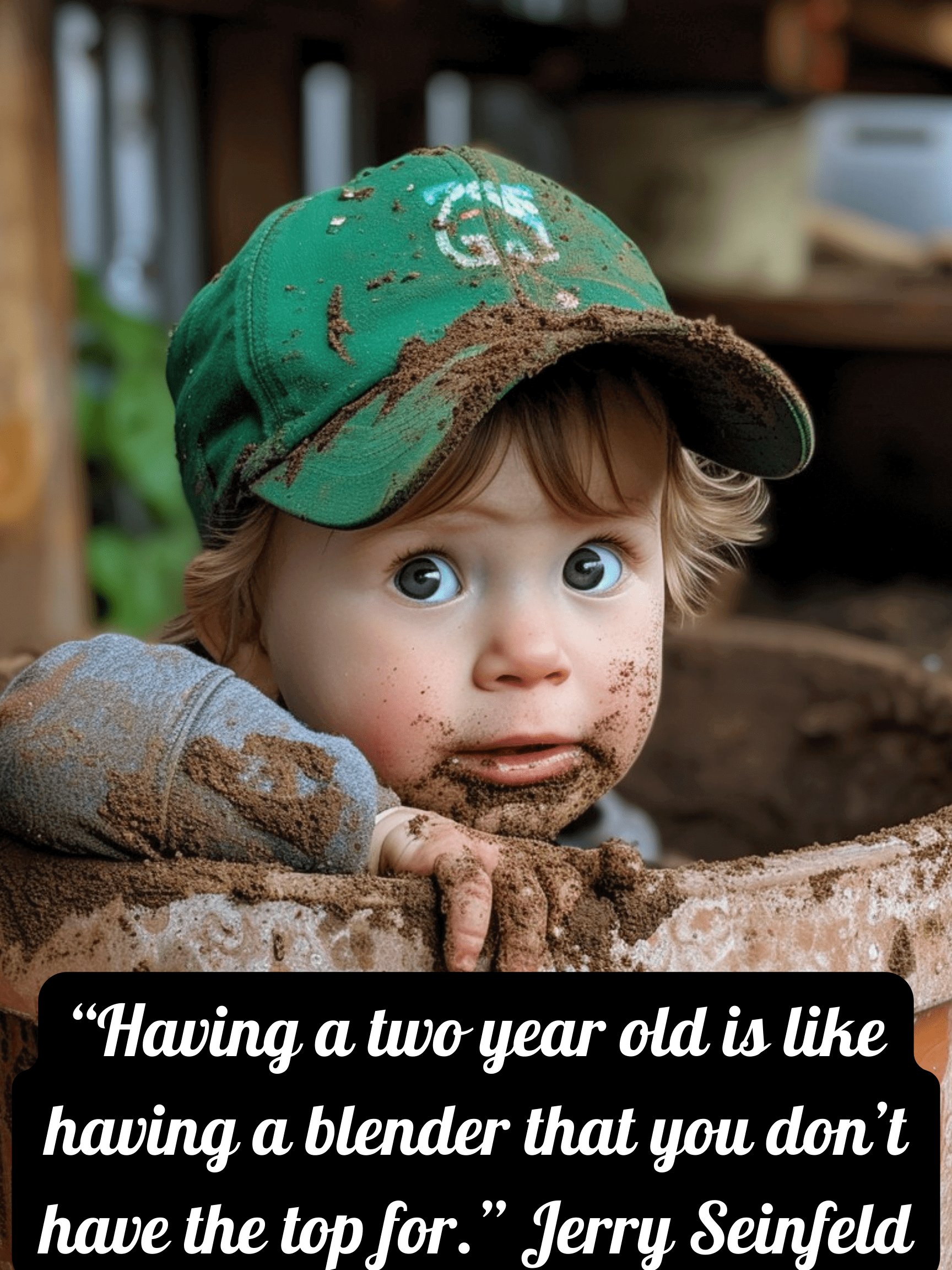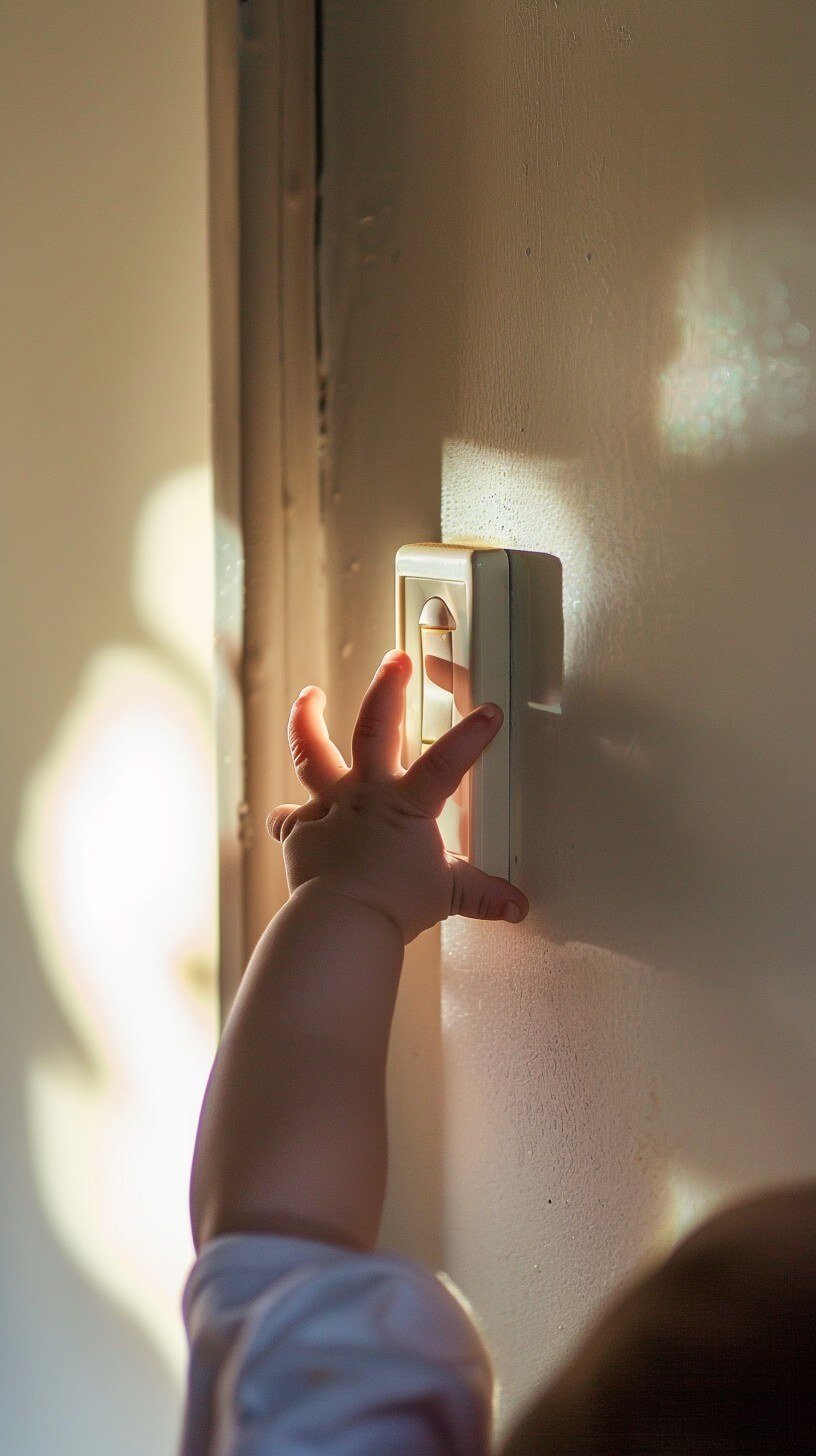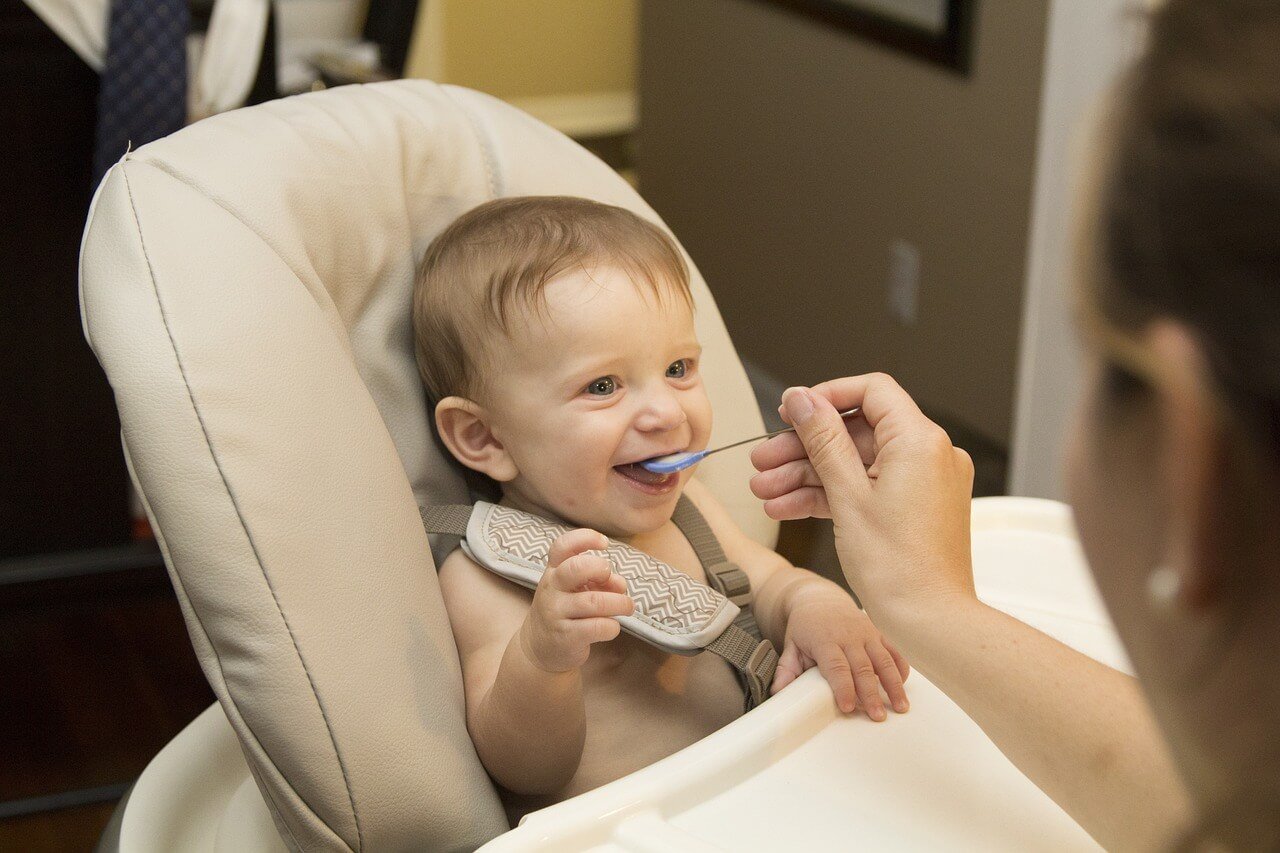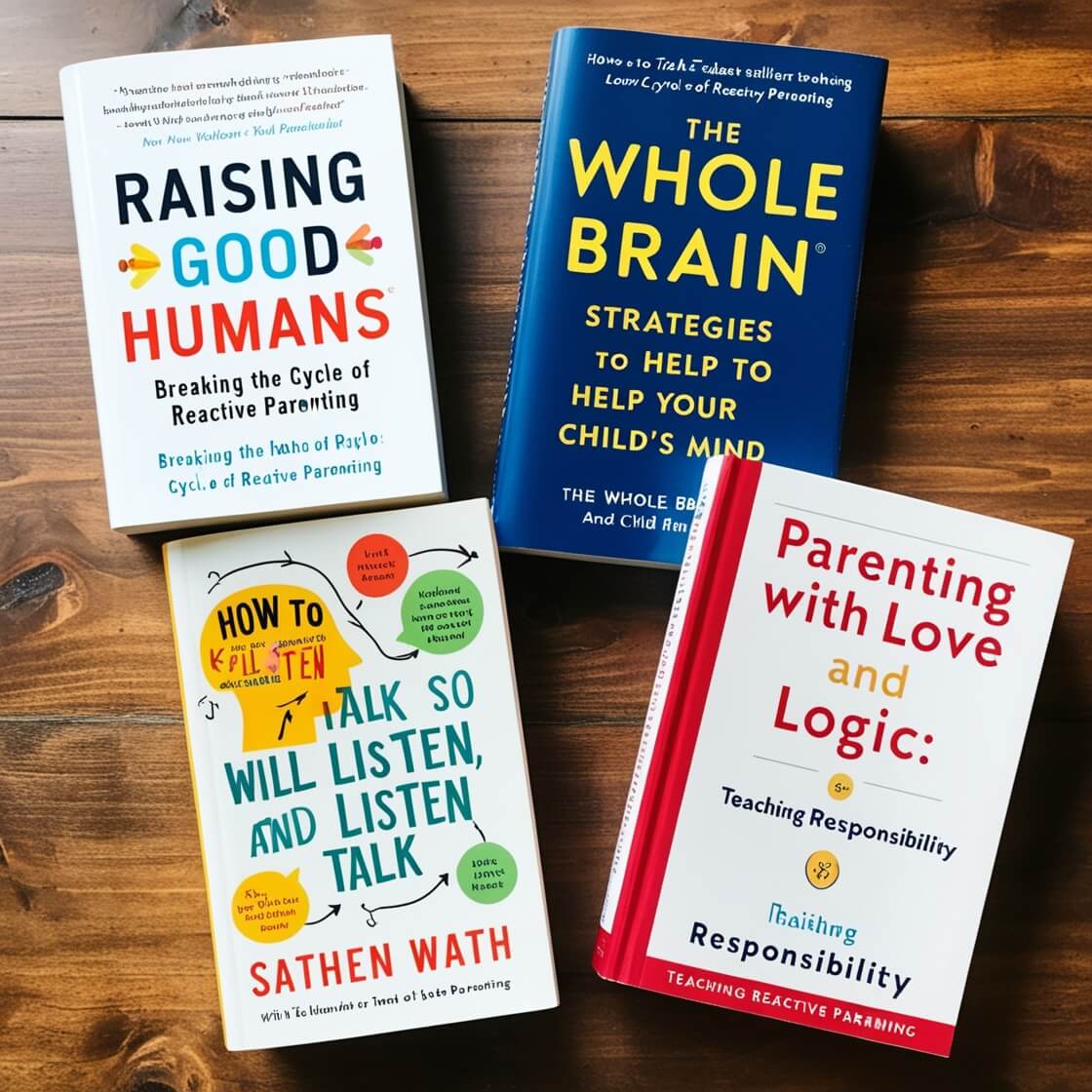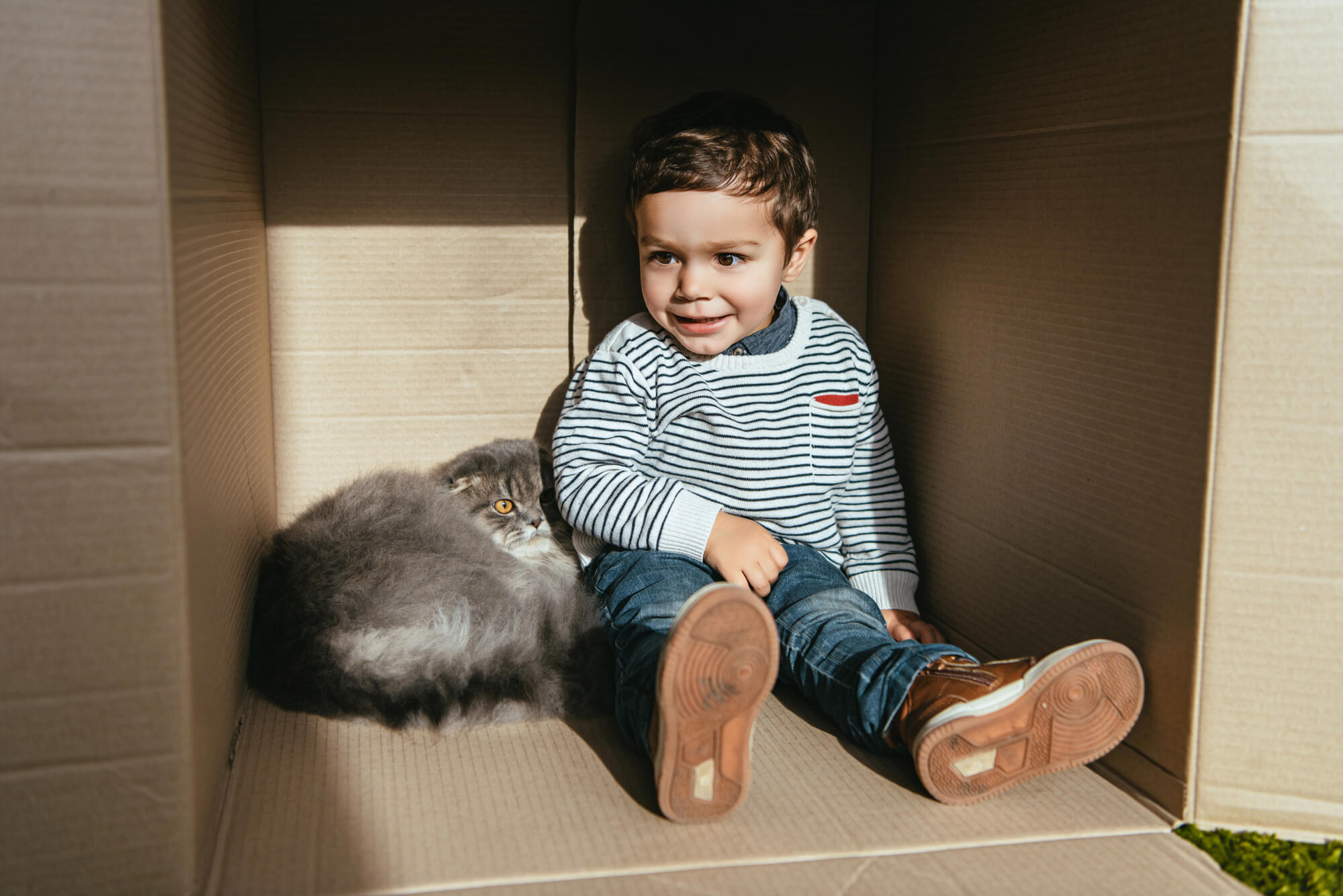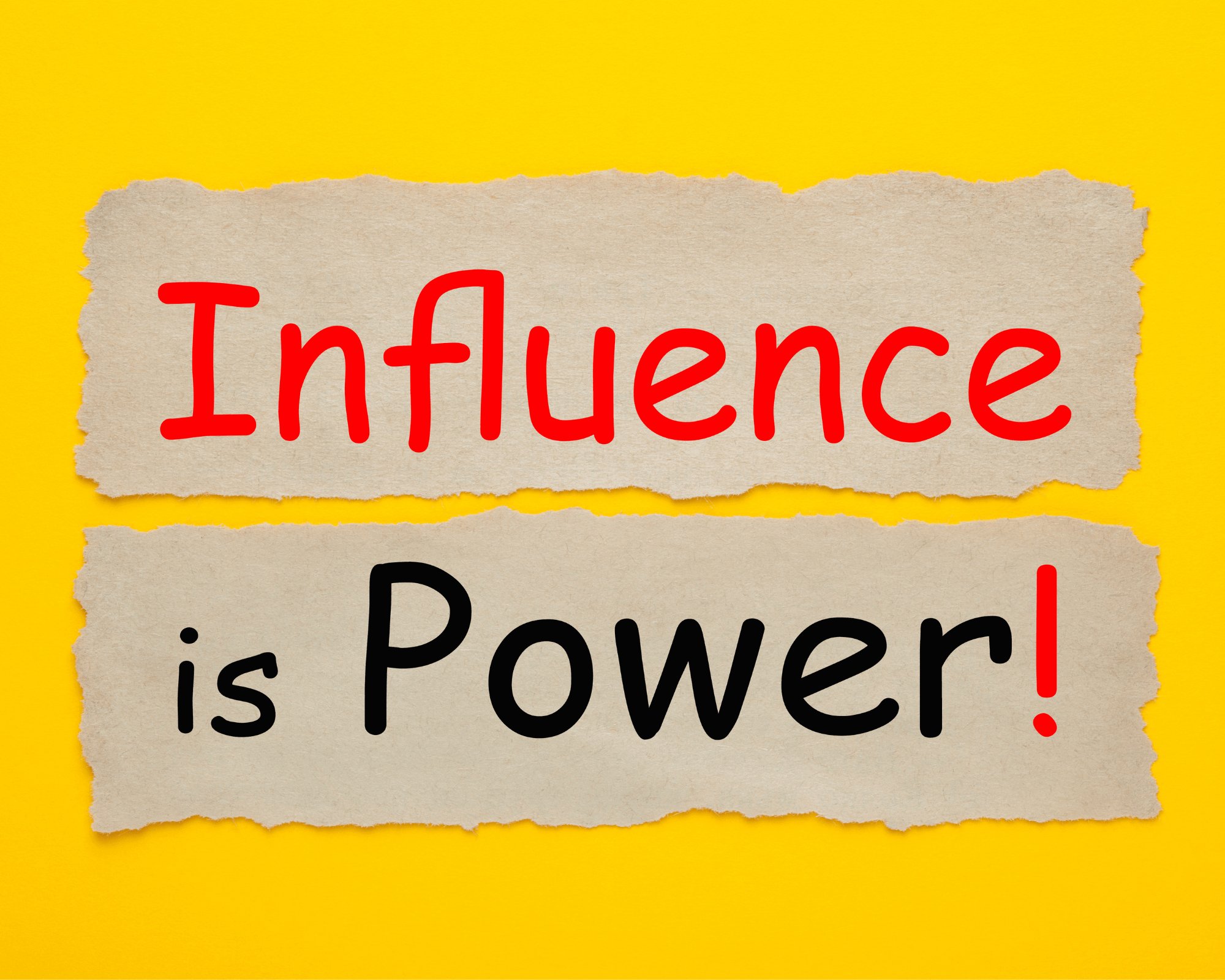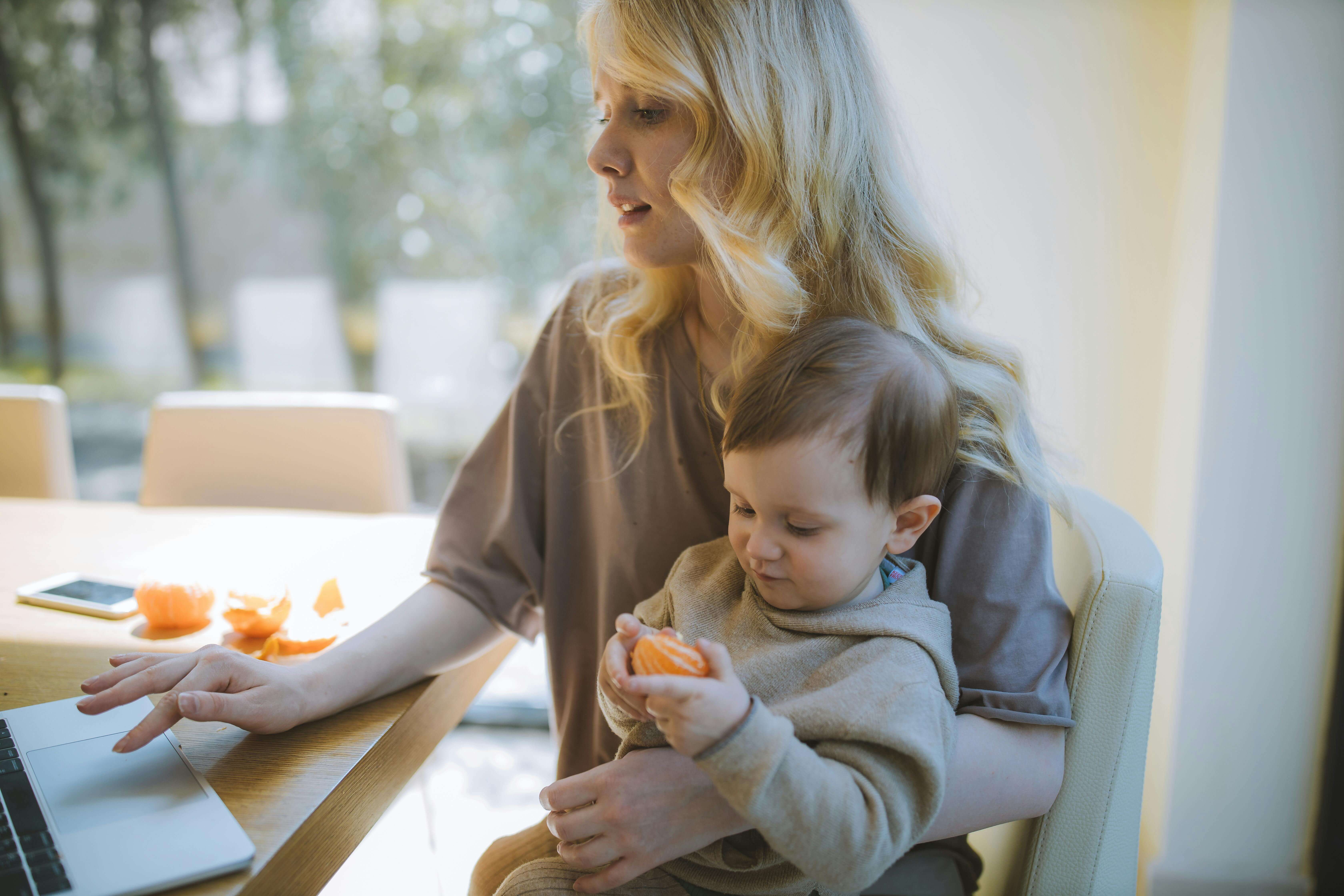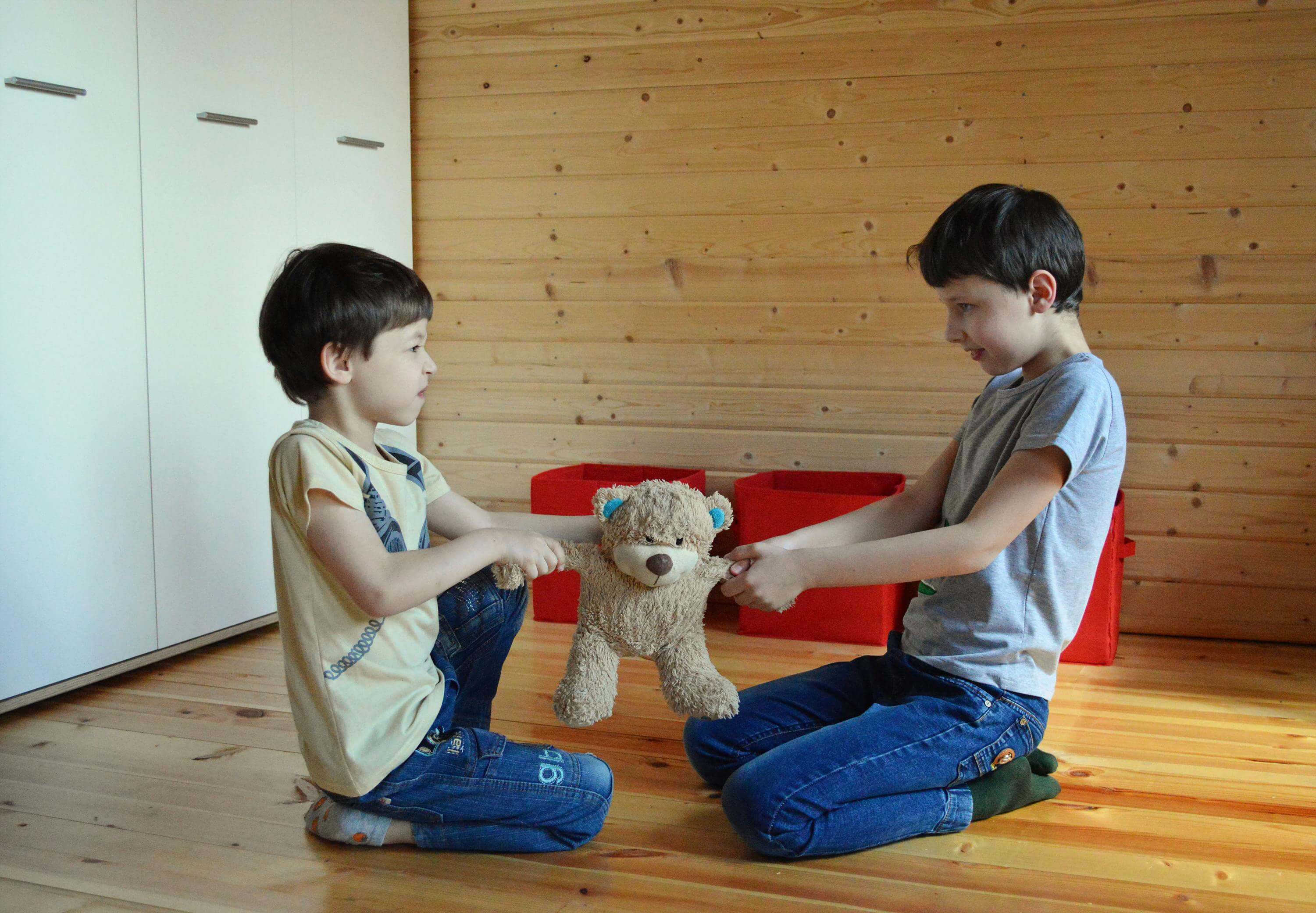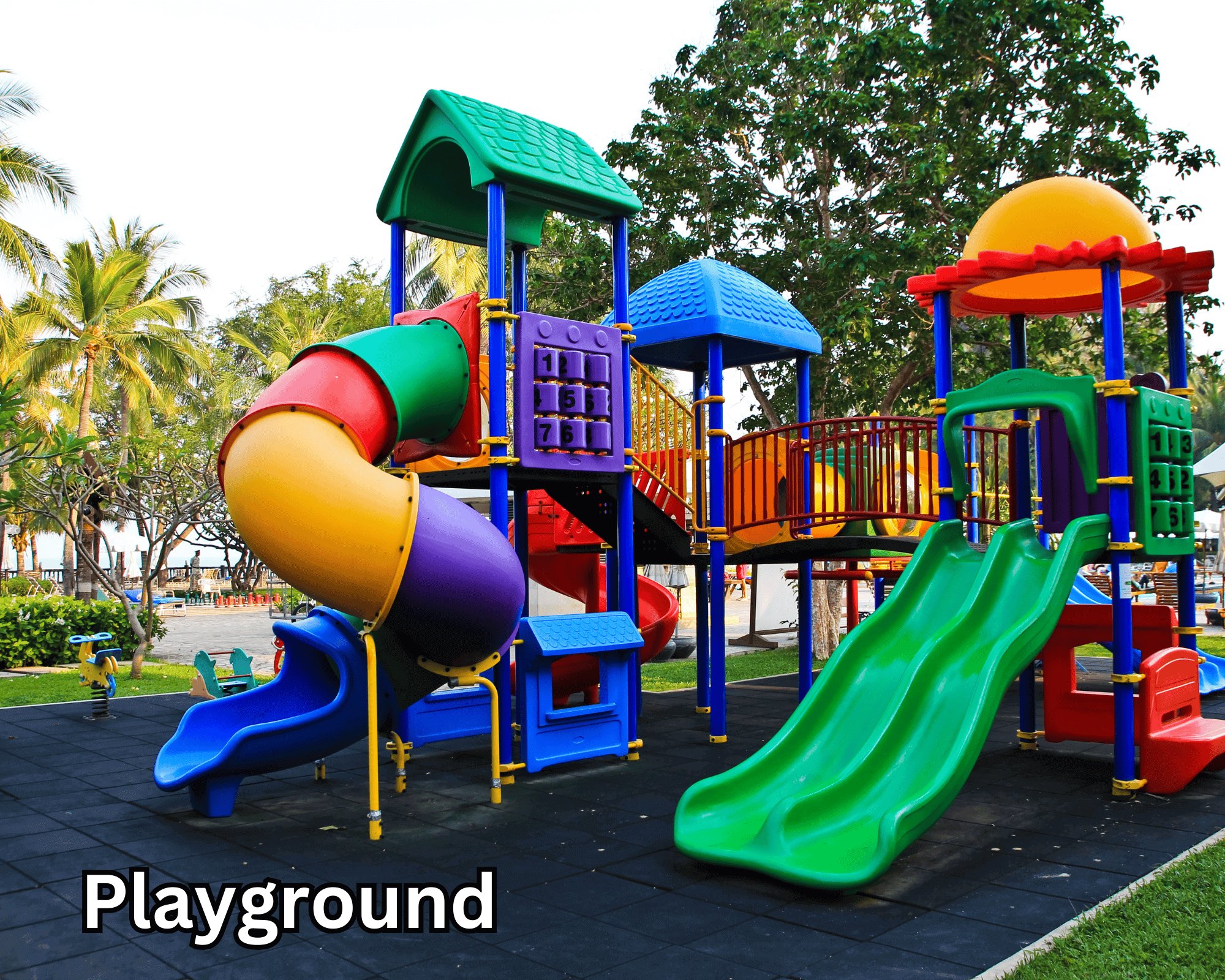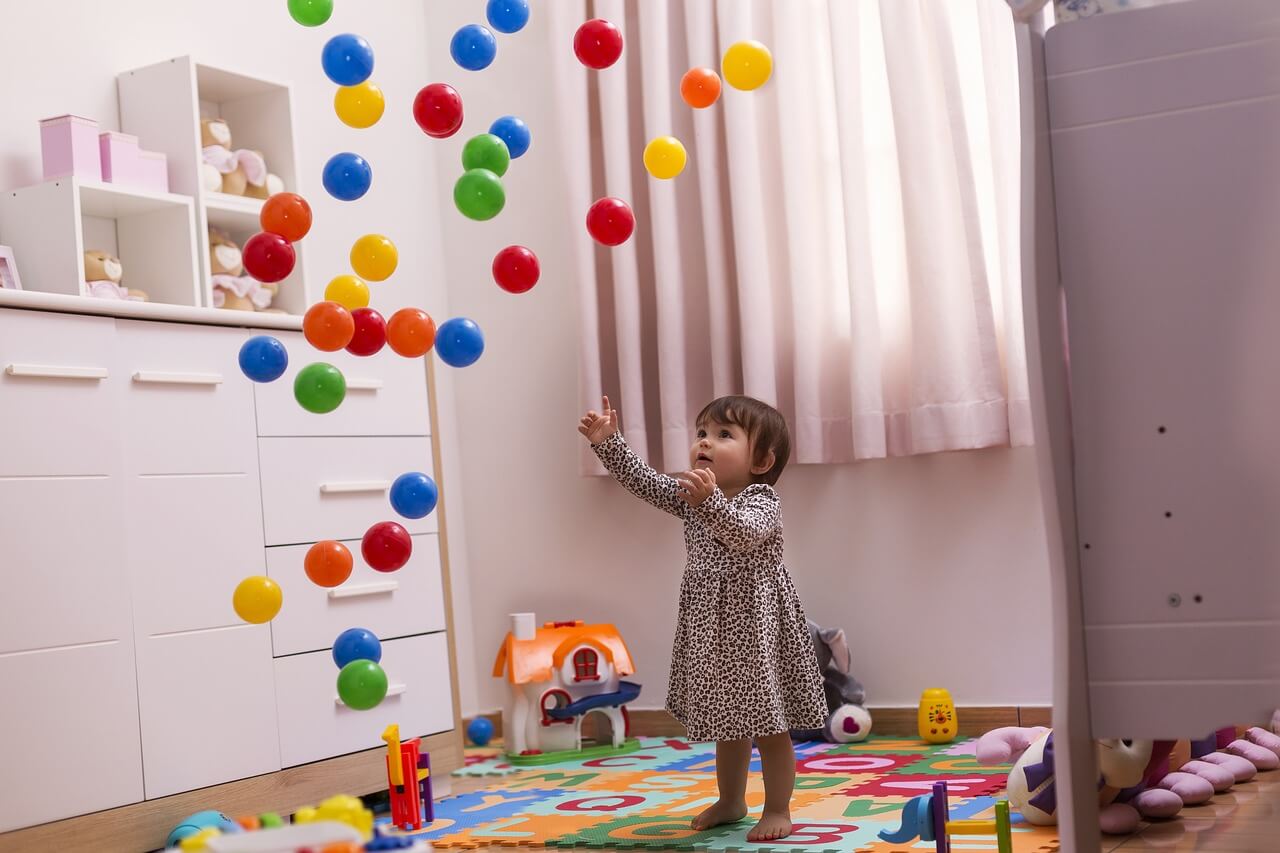First, let’s get clear on what positive parenting
Is Not!
Positive parenting is not about saying to your child that "everything is okay, you can do whatever you want" - with no limits.
It is not about raising free-range children, and it’s not about being overly permissive with kids and never setting limits.
Then What is Positive Parenting?
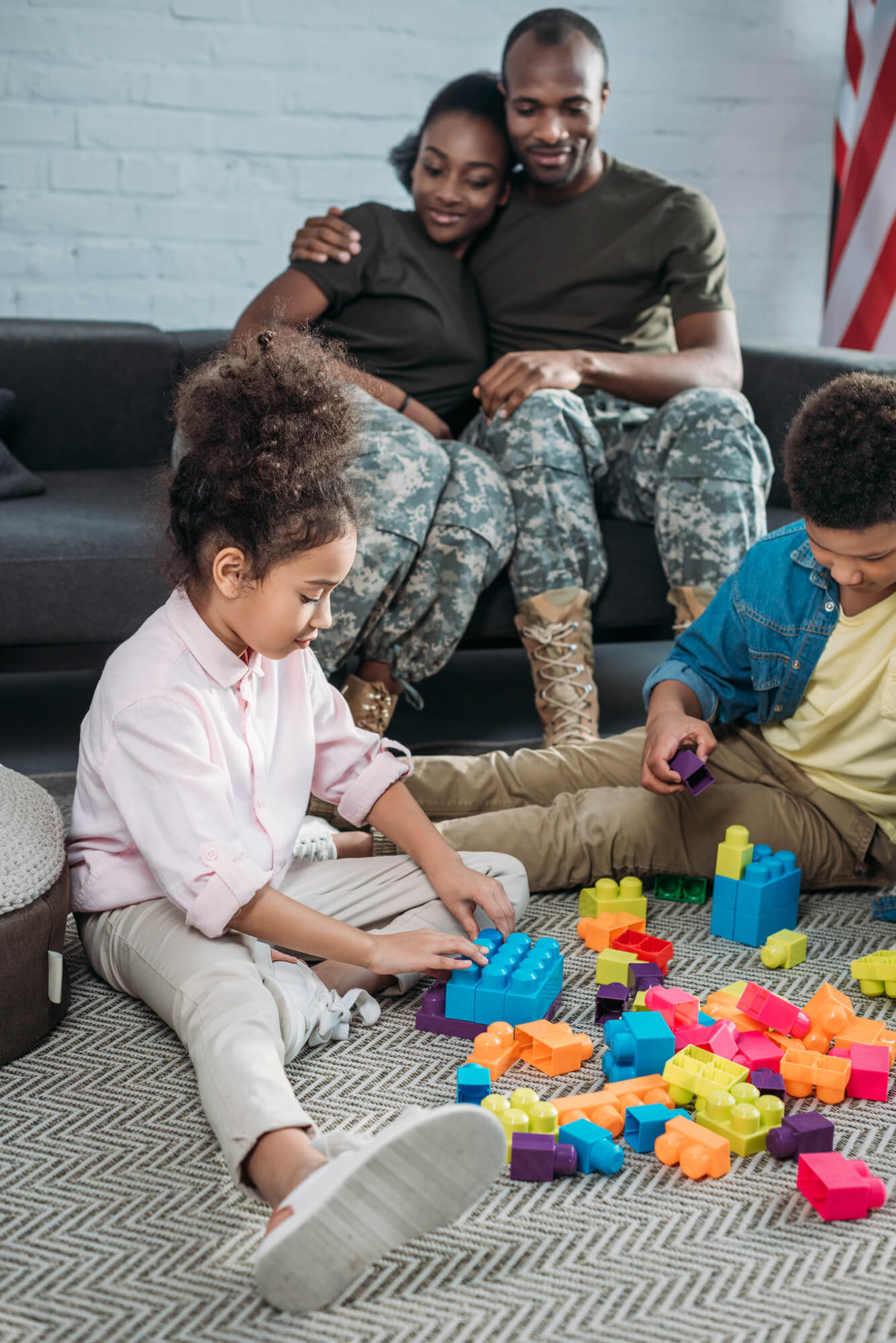 depositphotos.com
depositphotos.comPositive parenting is about setting appropriate limits, doing it in a kind way and remembering your job, which is to love them no matter what.
Kids need 2 things in order to be happy, well-adjusted, stable, satisfied and successful parents.
They need love and discipline or structure. Both are a vital part of positive parenting.
If you love your kids but don’t discipline them, they will not turn out as you had hoped.
However, on the other hand, if you discipline your kids but don’t love them, well, that’s just a military style of parenting.
So it is crucial to incorporate both of these elements into positive parenting in order to be effective.
Positive parents value mutual respect. They respond to their child’s needs and they’re very nurturing. But they expect their child to respect them, talk to them and follow directions and rules.
Positive parents are good listeners and encourage cooperation by hearing what their child has to say, they are also consistent and fair.
They set up the rules and boundaries and then they stick to them because they believe that placing appropriate demands on a child fosters independence and self control.
They use non-physical discipline strategies. Rather than expecting perfection from their kids, positive parents recognize and celebrate their child's individuality and potential.
They turn a child’s mistake into a teaching moment where a child learns a logical consequence for his error. They also do not believe in spanking.
Rules are commonly used by positive parents. They are clear, consistent and age-appropriate. They teach rather than punish and they guide with patience and understanding.
Now for some key strategies you can practice to become a positive parent if you choose:
1. Show Unconditional Love and Support:
Let your child know that you love them unconditionally and that you are always there for them, regardless of their successes or failures.
2. Provide Opportunities for Learning:
Encourage your child’s interests and passions.
3. Encourage Emotional Intelligence:
Help your child recognize and manage their emotions. Positive actions, mutual trust and effective communication will result in a happy environment at home and boost your child’s self-esteem.
4. Building a Strong Connection:
Creating a strong emotional bond with your child is important. Listen to your child’s thoughts and feelings while engaging in meaningful conversations.
Understand and validate their emotions whether you agree with their behavior or not.
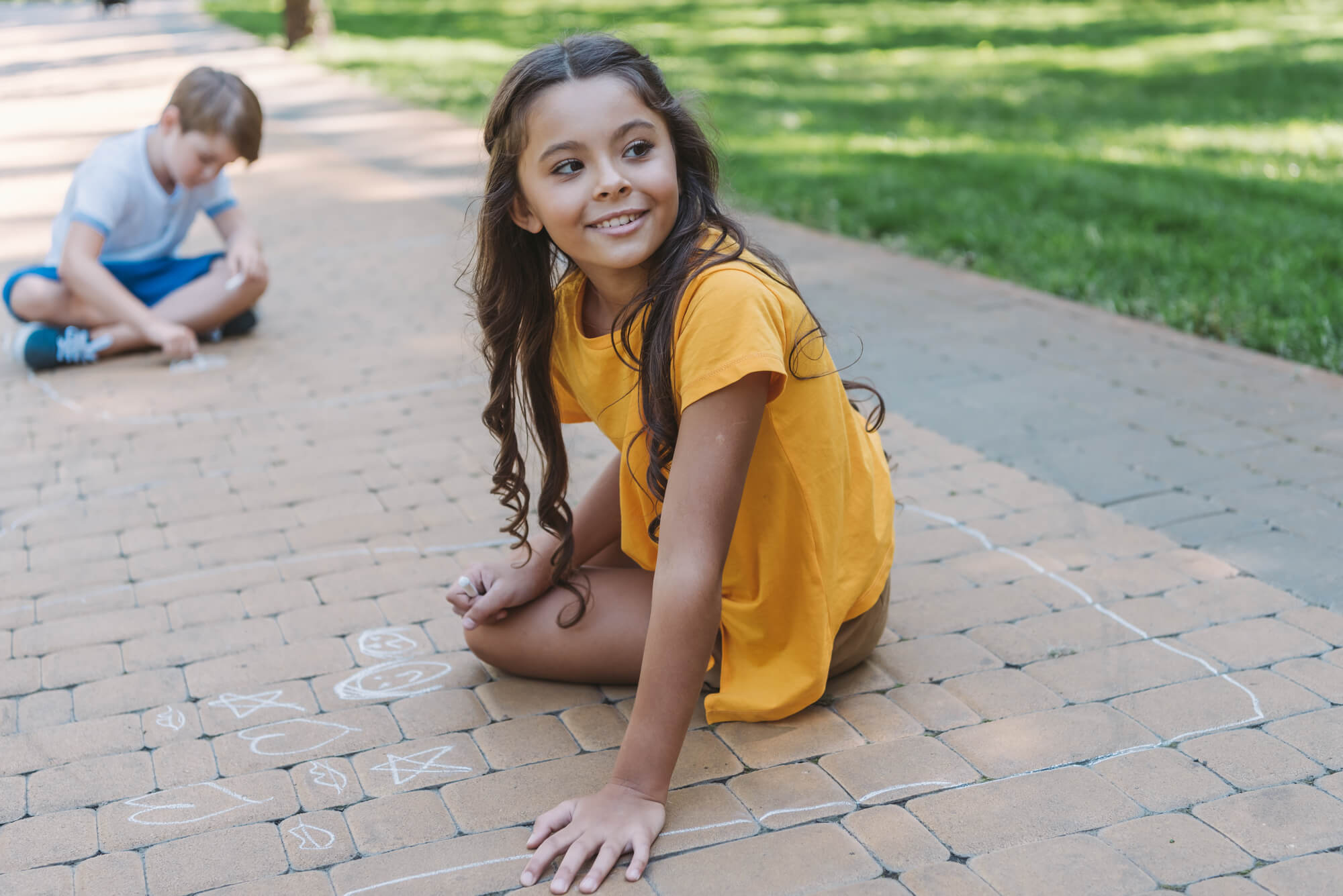
5. Effective Communication:
As a positive parent establish honest and open communication with your kid's. When explaining what it is you expect from them, use appropriate language to be sure they understand.
So that your child does not fear being judged, allow them to express their thoughts openly and give them your full attention.
6. Setting Clear Expectations:
It is very important that as the parent, you must set the appropriate limits for your kids. Explain the reason for the rules and consequences you have set, involving them in the process whenever possible.
It’s important to remain consistent and fair and remember to praise the positive behavior.
7. Foster a Nurturing Environment:
Create a safe and supportive home environment where your child feels comfortable expressing themselves and taking risks.
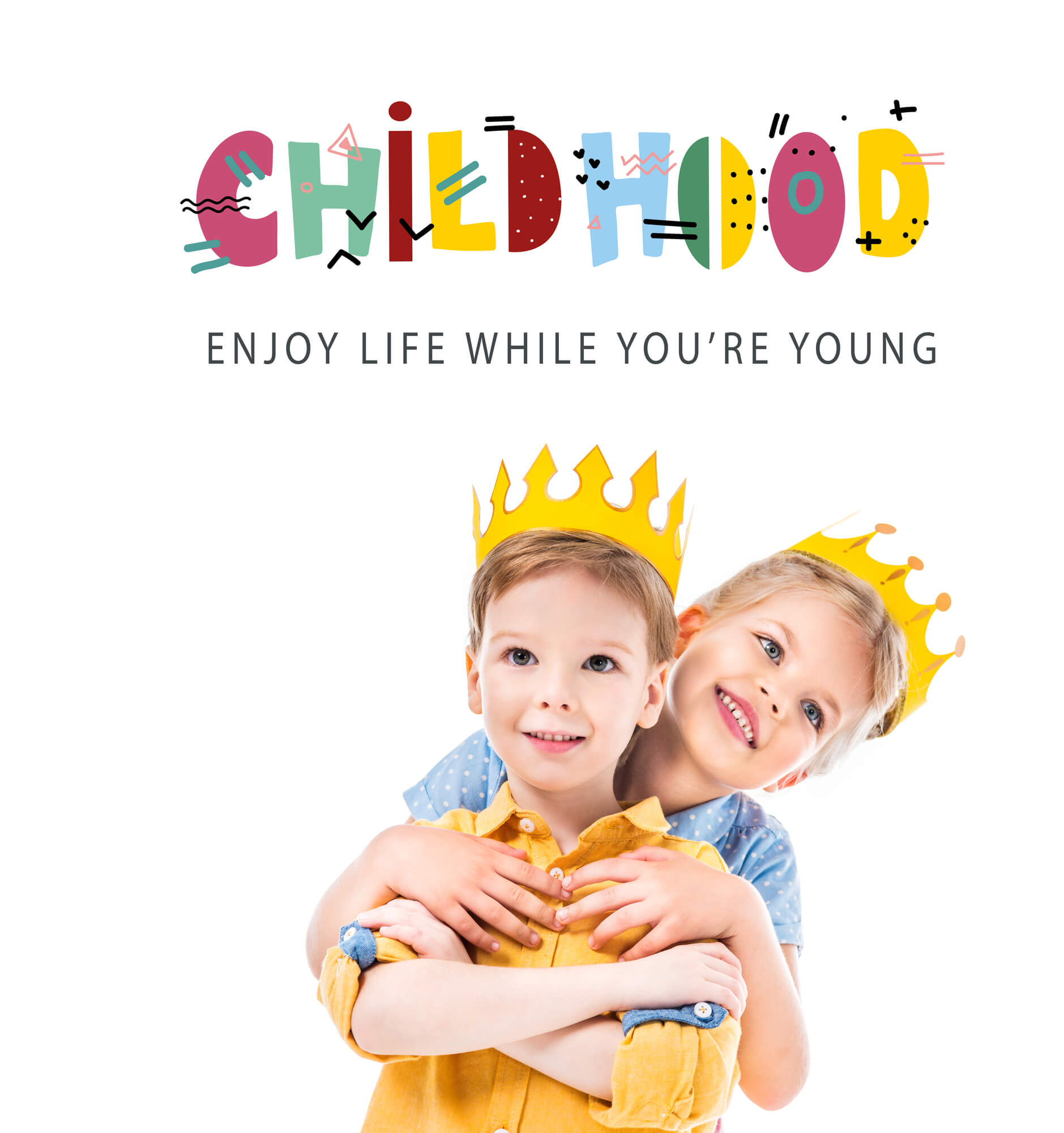
8. Using Positive Reinforcement:
Instead of always disciplining your child’s behavior, reward the good behavior with praise or small rewards.
No matter how small their achievements are, be sure to celebrate them.
9. Role Model Desired Behaviour:
Be aware of how you act, kids learn by example, and you are the one they spend most of their time with. So be kind and empathetic in your interactions.
When you have a gentle approach towards complicated issues, your kid’s will have a similar approach to life. Show healthy ways to cope with stress or frustration.
Remember, your actions speak louder than your words.
10. Independence and Responsibility:
Encourage independence and age-appropriate responsibilities. Offer plenty of support when they are experiencing challenges, at the same time allowing them to learn from their mistakes.
11. Practicing Positive Discipline:
Instead of resorting to punishment or harsh discipline, focus on positive discipline techniques. Teach or guide your child rather than punishing them with yelling or any other physical means.
Try setting logical consequences or have problem-solving discussions. This is a good time to teach your child to understand how their actions might impact others.
12. Understand the reason “Why”:
You need to make it a point to learn why your child misbehaved the way they did. Then they will feel acknowledged and understood, rather than becoming upset.
Having an open, friendly and peaceful relationship with your kids can give you a sense of fulfillment and contentment.
Positive parenting will not only help you to tackle some of those unwanted behavioral issues in your child, it is essential for their development.
Numerous studies have shown that kids who grow up in a positive parenting household are generally pretty happy people with high self-esteem.
They’re good at keeping their emotions in check and taking personal responsibility for what they’ve done.
This parenting style is a balance of setting reasonable expectations in a nurturing and loving way.

